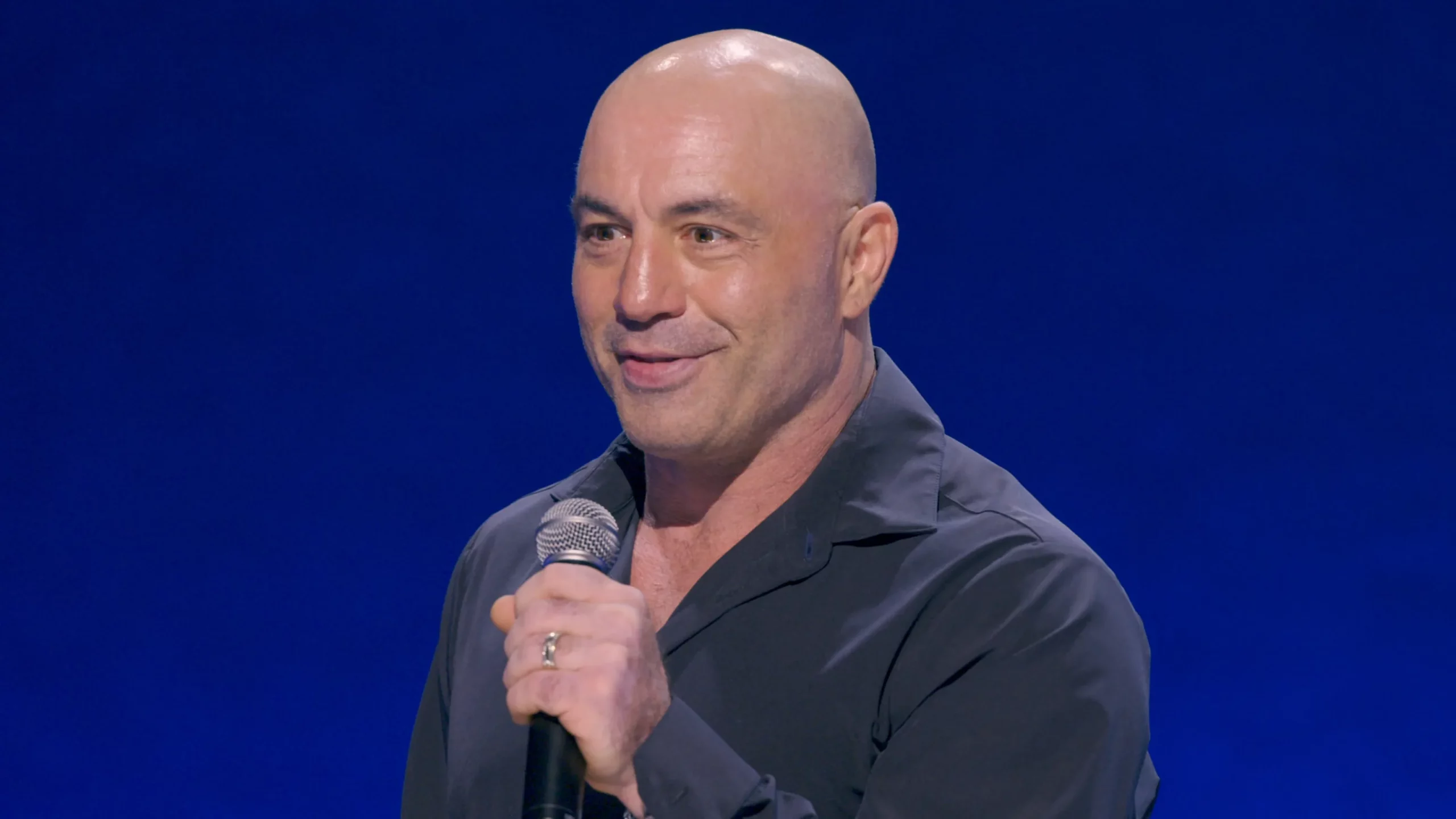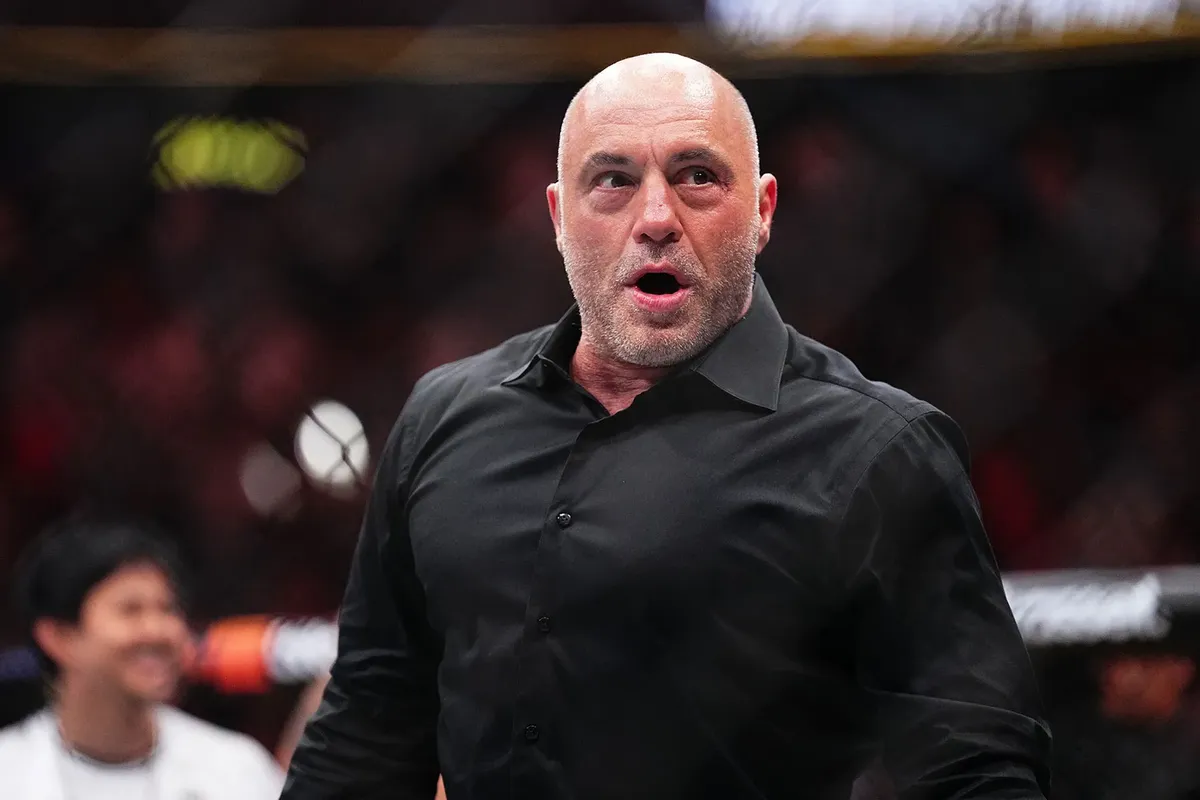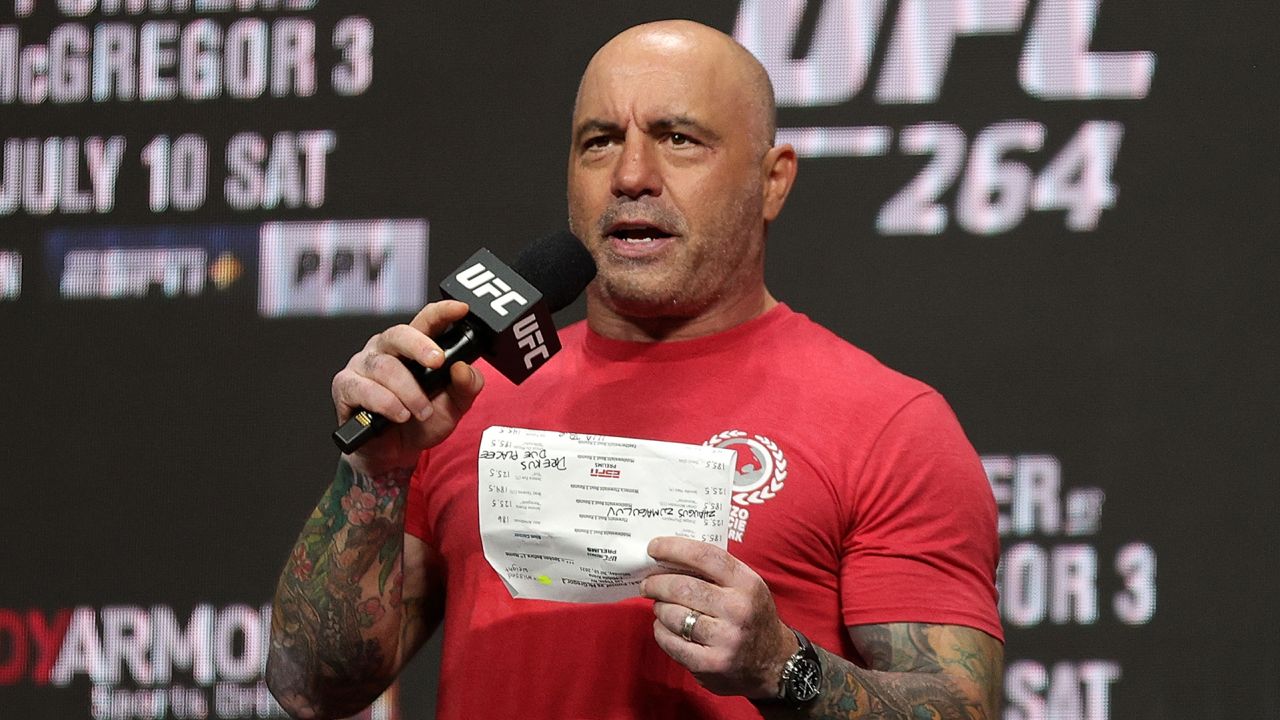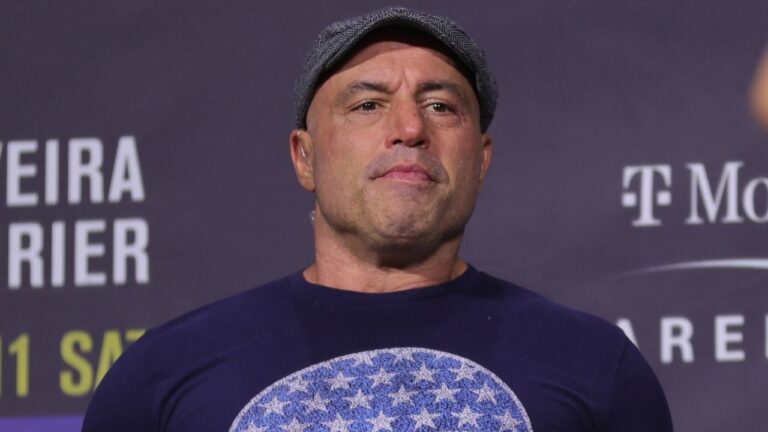Politics and pop culture collided once again during the recent U.S. presidential elections, stirring up a storm of speculation about celebrity endorsements and campaign payments. Among the many headlines, Joe Rogan’s vocal support for Donald Trump became a hot topic. Did Trump pay Rogan to back him? And what about the allegations surrounding Kamala Harris’s campaign and its rumored celebrity payouts? Let’s dive into the details and separate fact from fiction.

Did Donald Trump Pay Joe Rogan? The Podcaster Sets the Record Straight
Joe Rogan, known for his candid takes on The Joe Rogan Experience, tackled the burning question of whether Donald Trump paid him for his endorsement. During his recent episode with comedian Jeff Dye, Rogan faced the question head-on. Dye jokingly asked, “How much money did Donald Trump give you to endorse him?”
Rogan humorously quipped,
“A hundred million dollars,”
before quickly clarifying,
“He gave me nothing!”
Rogan emphasized that his support for Trump wasn’t financially motivated but stemmed from a genuine belief that Trump was the better choice for the country. Dye backed this up, saying:
“He gave you zero, Joe. Because you thought, ‘I think that this is what’s best for the country given the two options.’”
Despite knowing his stance might provoke resistance, Rogan didn’t shy away from sharing his opinion, reinforcing his reputation for authenticity.
Celebrity Endorsements and Campaign Payouts: Rogan’s Take on Harris’s Backing
While Rogan’s endorsement of Trump may have been unpaid, the podcaster turned his critical lens on the Democrats, particularly Kamala Harris’s campaign, accusing them of financially incentivizing celebrity endorsements. In his conversation with Dye, Rogan claimed, “You mean the money they paid the people to endorse Kamala Harris?”

The discussion referenced rumors circulating online about staggering sums paid to high-profile figures. Allegedly:
- Megan Thee Stallion received $5 million.
- Beyoncé was reportedly paid $10 million.
- Lizzo earned $3 million.
- Eminem pocketed $1.8 million.
- Even Oprah Winfrey, according to some reports, was paid $1 million.
While these claims set social media ablaze, Rogan’s producer Jamie Vernon quickly interjected, noting the lack of concrete evidence. For instance, Oprah’s alleged payment was clarified as a fee paid to her company for hosting an event, not an endorsement. Oprah herself refuted the claims, saying:
“The reports are not true. I was paid nothing.”
Cardi B and Other Celebrities Deny Payment Claims
Rogan’s discussion didn’t end there. The rumors about paid endorsements extended to Cardi B, who was quick to shut down such allegations. In a fiery post on X (formerly Twitter), the rapper stated:
“I didn’t get paid a dollar and that’s on my three!! I actually came out of pocket for glam and travel because it’s somewhere I wanted to be.”
Cardi B’s passionate rebuttal reflects the murky world of political endorsements, where speculation often overshadows the truth.
Pop Culture Meets Politics: The Endorsement Economy
The intertwining of celebrity culture and political campaigns isn’t new, but this election cycle has brought it under sharper scrutiny. Allegations of multimillion-dollar payouts to stars like Beyoncé and Megan Thee Stallion underscore how political campaigns increasingly leverage star power.
However, the lack of verified evidence leaves many of these claims in the realm of speculation. As Rogan’s discussion reveals, the broader question isn’t just about the money but the integrity of endorsements in the political arena.

Joe Rogan’s vocal support for Trump and his critique of celebrity endorsements for Harris underline the growing intersection of politics, pop culture, and media influence. Whether through unpaid endorsements like Rogan’s or unconfirmed payout rumors involving Harris’s campaign, one thing is certain: the lines between political advocacy and entertainment are blurrier than ever.
As discussions continue about the ethics and transparency of campaign strategies, the public remains captivated by the drama. After all, in the age of social media and podcasts, the stage for political discourse has never been more dynamic—or contentious.
